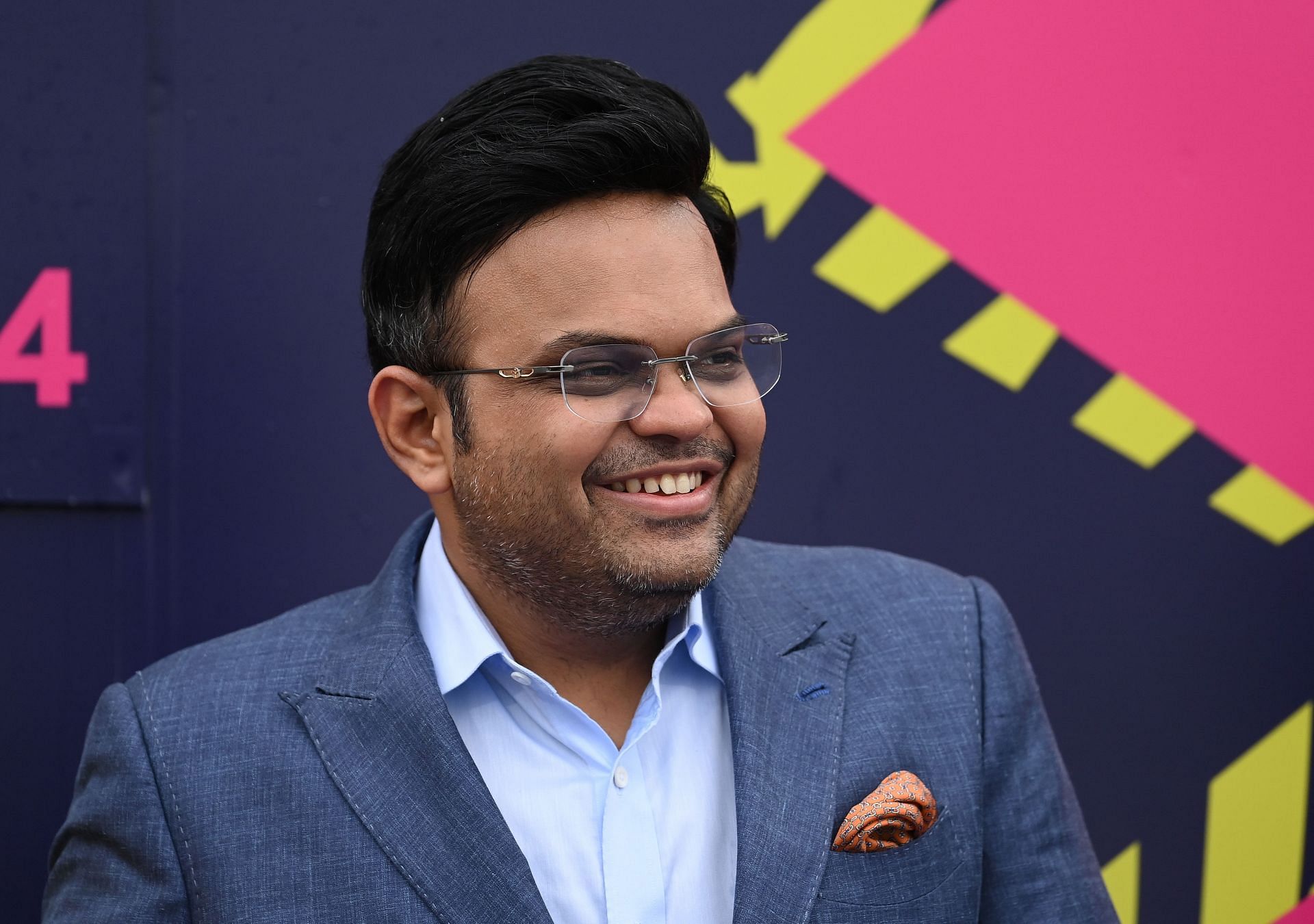
3 major challenges for Jay Shah as ICC chief
The Board of Control for Cricket in India (BCCI) secretary Jay Shah's meteoric rise in the cricketing hierarchy continued as he was recently appointed as the International Cricket Council (ICC) chairman. He was elected unopposed and his upcoming tenure, beginning from December 1 onwards, will prove crucial to the sport's overall growth, and perhaps even its fate.
Shah was favorite to take on the role with the ICC after it was announced that the incumbent Greg Barclay would not be seeking a third term at the helm.
"I am humbled by the nomination as the Chair of the International Cricket Council. I am committed to working closely with the ICC team and our member nations to further globalize cricket. We stand at a critical juncture where it is increasingly important to balance the coexistence of multiple formats, promote the adoption of advanced technologies, and introduce our marquee events to new global markets. Our goal is to make cricket more inclusive and popular than ever before," Jay Shah said in a statement released by the ICC.
Jay Shah takes charge at an exciting as well as vulnerable time for the sport in general. His decisions and actions could potentially turn out to make or break the framework in the coming years.
On that note, let us take a look at three major challenges for Jay Shah as ICC chief.
#1 Sealing the broadcasting rights
The lopsided viewership nature when it comes to cricket makes the broadcasting deal all the more important. With the money from the broadcasters being one of the biggest influx in the overall ICC budget, apart from sponsorships and other ventures, it becomes essential to tie it down.
Disney-Star and the ICC signed off a historic deal involving broadcasting rights for $3 billion in 2022, which came into effect ahead of the 2024 T20 World Cup. However, with several factors like multiple washouts, low scores, and time difference coming into play in the post-tournament assessment, the broadcasters have requested a discount of $100 million from the World Cup, as well as seek renegotiation in general as well.
Jay Shah will have to look into the matter as a priority with a string of ICC events, including the 2025 Champions Trophy, 2026 T20 World Cup, and the 2027 ODI World Cup all set to come under his reign along with the women's editions too, beginning with the 2024 Women's T20 World Cup.
#2 Resolving the international vs franchise conundrum and maintaining the health of all three formats
The ICC calendar has been constricted gradually over the years, and with talks of IPL expanding to 84 matches in the coming editions, there is a huge challenge to keep international matches relevant amid all of the franchise tournaments.
While there will be no obstacles when it comes to ICC events as they hold precedence over everything else, but the bilateral affairs are under threat. The players are also slowly showcasing their allegiance by turning down central contracts with their respective nations.
Apart from the scheduling, Jay Shah also has to ensure the health of all three formats, and find a model where all can co-exist. While T20 cricket does not need much focus, the other two formats need it more than ever. One of the first initiatives that Shah is expected to introduce is a separate Test fund, which has been signed off by the England and Wales Cricket Board (ECB) and Cricket Australia (CA).
#3 Globalisation of the game keeping the Olympics in mind
The 2024 T20 World Cup might not have been the best product to win over the United States of America (USA) demographic, but it has certainly made an impact. Now, with the 2026 T20 World Cup also featuring 20 teams in total, there is a standard set for globalization, and Shah has the responsibility as the authority to ensure that it only grows to other regions in the world.
The 2028 Los Angeles Olympics will be a huge litmus test in that regard. The success of the sport in the global event could prove to be a game changer. However, it is up to the new ICC chairman to put the best produce there as possible for the sport to continue to be a part of the Olympics, and not just a one-off appearance.